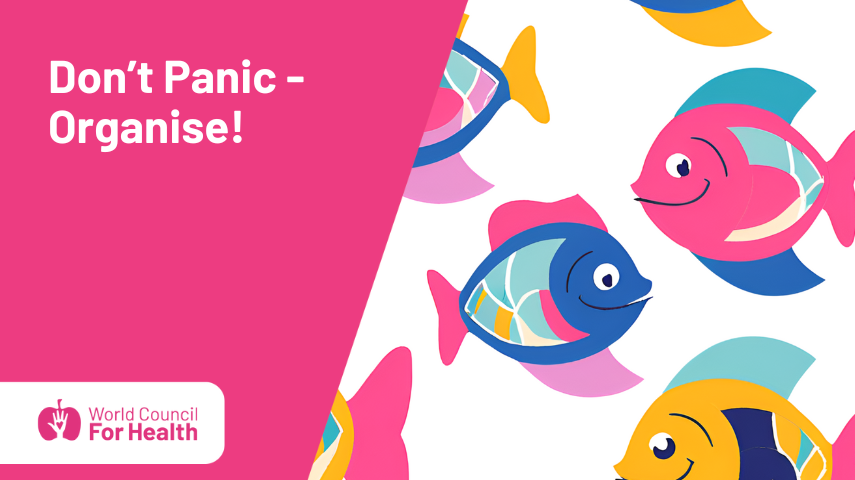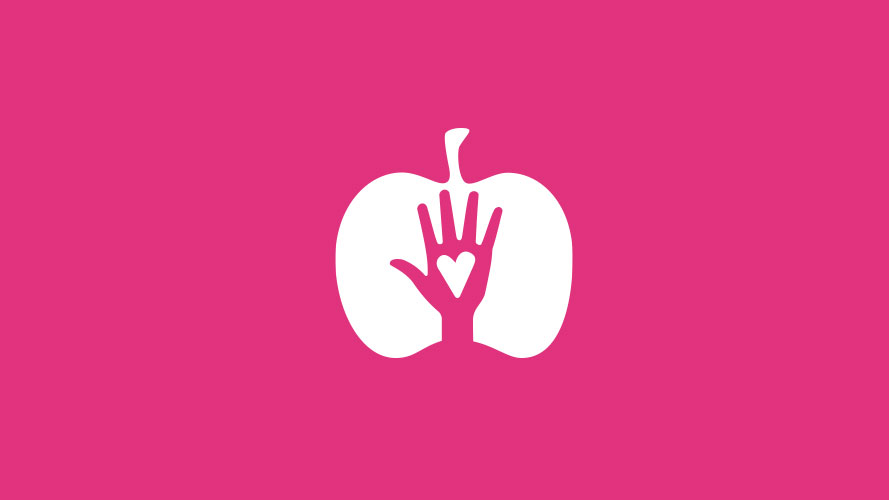Action is the antidote to anxiety! As the establishment continues to engineer emergencies to terrify and divide us, being prepared means we can stay calm.
You’ve heard us raise awareness about the United Nations seeking standing authority over 12 types of emergencies defined by the unelected and accountable body. You’ve also read the WCH’s Legal Brief: Preventing The Public Abuse of Emergencies.
Our next contribution to humanity is a guide on wisely preparing, in the unlikely event that we can trust those who benefit from keeping us afraid!
STEP 1: Remember the power of community. We are the heroes we need.
STEP 2: Let’s first make sure the emergency they tell us about is actually real.
1. Pandemics
- Create a health emergency kit: Include basic first-aid item and essential medicines
- Stay informed: Follow updates from trusted local community health organisations and activists advocating for health and transparency, and not for government overreach
- Develop a contactless plan: Coordinate with neighbours and local groups for mutual support
2. Environmental Disasters
- Know the risks: Identify your area’s vulnerability to floods, droughts, wildfires and spot patterns. Familiarise yourself with geo-engineering and existing patents
- Prepare an evacuation plan: Have designated routes and a meeting point
- Protect essential documents: Use waterproof or digital backups
3. Cybersecurity Breaches
- Use robust passwords: Apply strong password protocols and two-factor authentication
- Back up critical data: Regularly back up your files to secure clouds and hard drives
- Educate your network: Raise awareness about online security best practices
4. Space-Related Events
- Stay informed: Follow alerts from space weather monitoring groups
- Prepare for power outages: Have battery-powered lights and radios ready
- Understand risks: Stay updated on how space weather can affect communications
5. Economic Crises
- Diversify income sources: Invest in skill development or side income streams
- Save for emergencies: Build a financial safety net for unforeseen disruptions
- Support local businesses: Buy from community businesses to strengthen local economy
6. Supply Chain Disruptions
- Stock essential goods: Prepare by storing non-perishable foods and medicines
- Buy local: Rely on local products to reduce dependence on international supply chains
- Have alternative suppliers: Identify local substitutes for essential goods, or make them
7. Chemical or Biological Attacks
- Know emergency contacts: Memorise hotlines for police, fire, and medical services.
- Identify safe zones: Know local shelters and evacuation routes, print and highlight them
- Prepare your health kit: You may need antidotes and trauma counselling
8. Wars, Nuclear or Radiation Incidents
- Learn sheltering techniques: Understand how to create a safe space in case of radiation
- Create a radiation kit: Stock iodine tablets, non-perishable food, and essential supplies
- Stay informed: Follow advisories from local civil society groups on radiation exposure
9. Unforeseen Risks (“Black Swan” Events)
- Build adaptability: Develop the flexibility to quickly adjust to changing circumstances
- Stay informed: Participate in discussions on potential “black swan” risks
- Economics: If a financial black swan event, have cash at hand and a goods barter system
10. A Cyberattack on Critical Infrastructure (eg Electricity, Communications)
- Backup Power Solutions: Encourage the installation of renewable energy sources like solar panels and battery storage
- Critical Infrastructure Protection Plans: Advocate for public and private sector initiatives to safeguard infrastructure from cyber threats
- Communication Channels: Set up alternative communication methods, such as satellite phones or radio stations for emergencies
11. Technological or Scientific Developments Gone Rogue (eg A.I.)
- Regulate Emerging Technologies: Advocate for local or national laws to ensure ethical oversight of technologies, especially AI, genetic engineering, and automation
- Promote Tech Literacy: Educate the public about the risks and benefits of emerging technologies through community forums
- Alternative Models of Progress: Develop community-based technology solutions, such as cooperative tech groups, that prioritise social welfare over profit
12. Emergencies Causing Displacement (eg War, Geo-Engineering)
- Support displaced individuals: Volunteer with organizations offering support to refugees
- Coordinate with NGOs: Learn about local and international groups providing emergency aid
- Know the key facts: Challenge your country’s foreign policy on war and economic sabotage
The WCH will produce more resources on emergencies and the call of DON’T PANIC – ORGANISE!
Here are 5 ways you can stay informed and get active:
- Sign up for our weekly newsletter (there is a signup box at the bottom of the page)
- Tune in to Better Way Today
- Become a partner organisation
- Activate a Country Council
- Donate to keep us active!
Have ideas to contribute? Send us an email at [email protected].
Emerging out of unhealthy, ineffective, unnecessary and expensive lockdowns, the WCH works with over 200 partners and over 30 country councils around the world, all committed to health, freedom and sovereignty.
So, we are not alone. Challenge yourself to break free of the matrix and co-create a better world together: www.GreatFreeset.org








